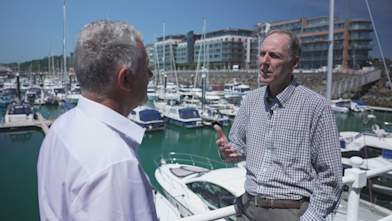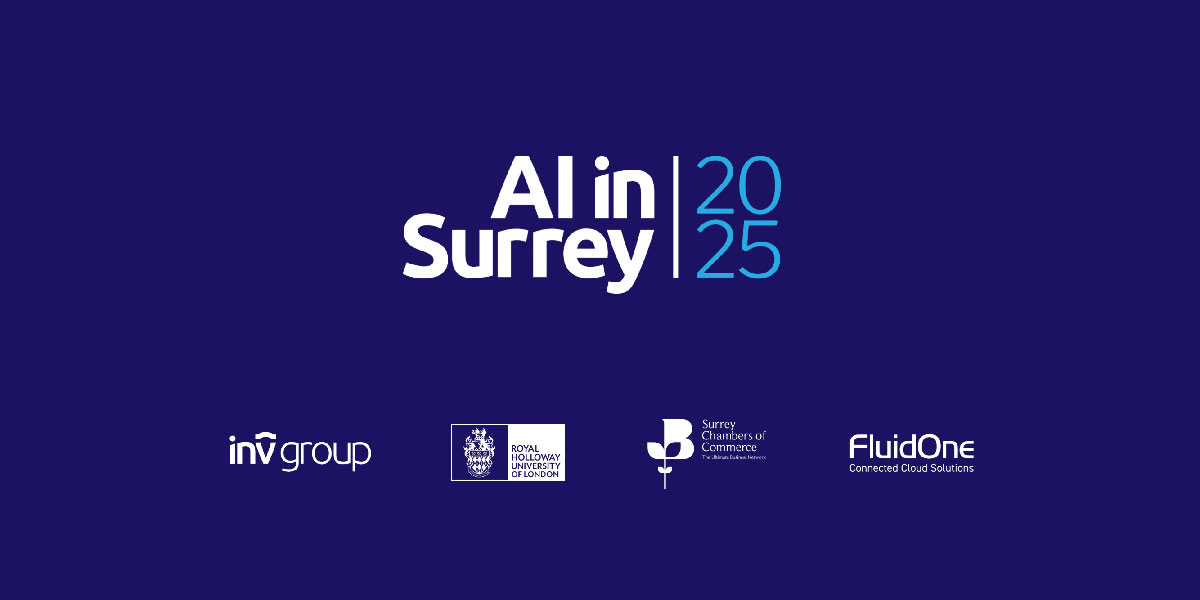The grand challenge of plastic pollution is a global issue that needs to be addressed. There are many corporations that have been trying to do their part in this challenge, but many have been criticized for not doing enough. Social media has been a crucial tool for those who want to take a stand against these corporations and create awareness about the issue.
It’s a common assumption that stakeholder engagements will lead to rational consensus and common discourse on corporate social and environmental responsibilities. However, we wanted to challenge this assumption.
Our analysis of social media engagements shows that conflict is ineradicable and important. Users galvanised each other, while voicing their discontent with corporations. These strategies reminded corporations of their corporate social responsibility by apportioning blame. Between themselves, users identified with the group – feeling solidarity in their cause – thus avoiding disengagement and polarization.
Social media has become an important part of our lives and corporations are also taking advantage of it to engage with their audience. However, this goes both ways, with users finding that they can engage corporations to affect change.
Responsible leaders don’t ignore the constructive criticisms from social media, instead, they remain accountable and engage with the issues. Just as social media users can be critical, they can also be champions of corporations that show responsible leadership.
Read the full paper in Business Ethics Quarterly (Cambridge University Press)





